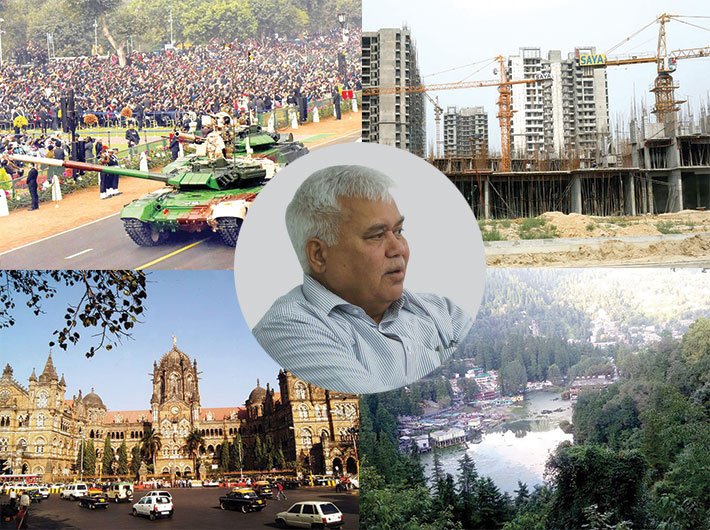Stories you must read this weekend
GN Bureau | July 29, 2017

India’s cricket journey is more than a record of sporting triumphs; it is a live case study in strategy, incentives, and equilibrium: the very foundations of Game Theory. As India prepares for its eight-match white-ball series against Australia, the world’s most-watched rivalry will again unfol
Southwest Monsoon 2025 recently concluded with ‘above-normal’ rainfall to the tune of 108% of the long-period average (LPA). This is second consecutive year in the last decade to record above normal rains. Climate change has a critical role in driving the rainfall on the higher side, according
Every year, as Diwali approaches, I begin my annual ritual of cleaning – opening drawers, cupboards, and those mysterious “boxes of everything” we all seem to have. It starts as an act of tidying up, but it always turns into a little journey of rediscovery. Among the old receipts and forg
By the end of this century, global sea levels may rise by more than 1 metre, and the mean sea level rise is expected to increase by 180 mm. Climate change is one of the gravest issues before us and one of the most pressing issues linked to the climate change is the sea level rise. The coastal communities a
The Human Capacity Development landscape in the social development context has evolved significantly over the years. From the more simplistic term “training,” it has now developed into a much more nuanced concept, “Competency-Based Capacity Building” (CBCB). Yet, one question persis
Imagine a city where trash isn’t trash, energy isn’t wasted, and economic prosperity isn’t achieved at the cost of human wellbeing. A city where every rupee invested in infrastructure yields returns not just in roads and buildings, but in health, jobs, equality, and dignity. Smart city pr

